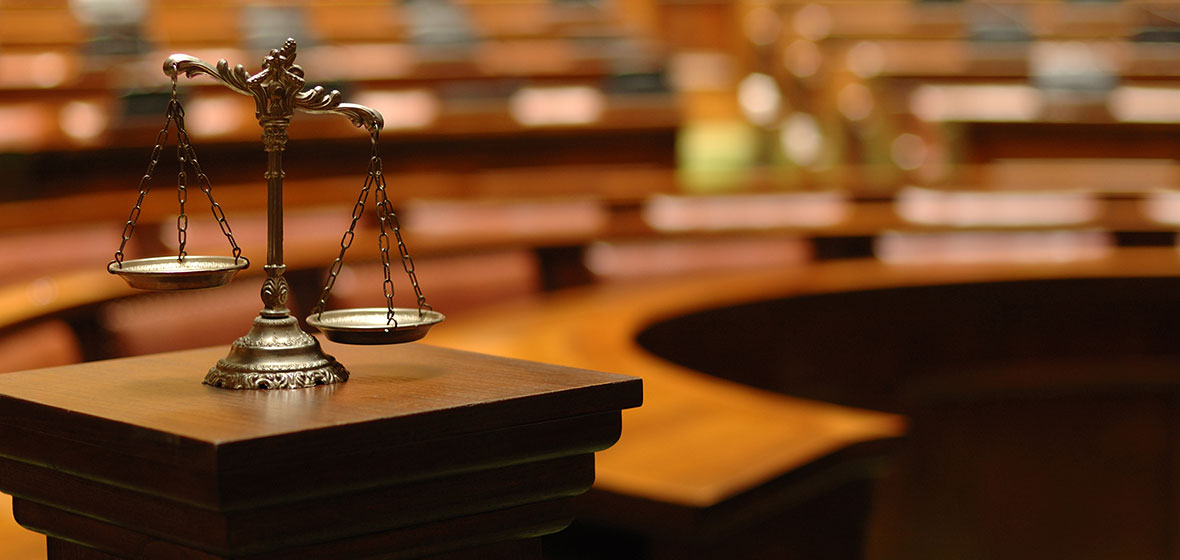The High Court in Delhi ordered Telegram to share the personal details of copyright-infringing users with rightsholders. The messaging app refused to do so, citing privacy concerns and freedom of speech, but the court waved away these defenses, ordering the company to comply with Indian law.
With over half a billion active users, Telegram is one on the most used messaging services.
The application is particularly popular in India, where more than 20% of its user base resides. This includes a small subset of rather persistent pirates.
Telegram doesn’t permit copyright infringement and generally takes swift action in response. This includes the removal of channels that are dedicated to piracy. For some copyright holders that’s not enough, as new ‘pirate’ channels generally surface soon after.
Removing Channels is Not Enough
To effectively protect their content, rightsholders want to know who runs these channels. This allows them to take action against the actual infringers and make sure that they stop pirating. This argument is the basis of an infringement lawsuit filed in 2020.
The case in question was filed by Ms. Neetu Singh and KD Campus. The former is the author of various books, courses, and lectures, for which the latter runs coaching centers.
Both rightsholders have repeatedly complained to Telegram about channels that shared pirated content. In most cases, Telegram took these down, but the service refused to identify the infringers. As such, the rightsholders asked the court to intervene.
Telegram Has to Identify Pirates
The legal battle culminated in the Delhi High Court this week via an order compelling Telegram to identify several copyright-infringing users. This includes handing over phone numbers, IP addresses, and email addresses.
The order was issued despite fierce opposition. One of Telegram’s main defenses was that the user data is stored in Singapore, which prohibits the decryption of personal information under local privacy law.
The Court disagrees with this argument, as the ongoing infringing activity is related to Indian works and will likely be tied to Indian users. And even if the data is stored elsewhere, it could be accessed from India.
“Courts in India would be perfectly justified in directing Telegram, which runs its massive operations in India to adhere to Indian law and adhere to orders passed by Indian Courts for disclosure of relevant information relating to infringers,” the Court writes.
“Infringers cannot be permitted to seek shelter under Telegram’s policies merely on the ground that its physical server is in Singapore.”
Disclosing the personal information would not be a violation of Singapore’s privacy law either, the High Court adds, pointing out that there is an exception if personal details are needed for investigation or proceedings.
Freedom of Expression and Intermediary Protection
Telegram also brought up the Indian constitution, which protects people’s privacy, as well as the right to freedom of speech and expression. However, that defense was unsuccessful too.
“The right to freedom of speech or the right to life including the right to privacy cannot be used by any person or entity, let alone an infringer, in order to escape the consequences of illegal actions,” the Court concludes.
Finally, Telegram argued that it is not required to disclose the details of its users because the service merely acts as an intermediary.
Again, the Court disagrees. Simply taking infringing channels offline isn’t good enough in this situation, since infringers can simply launch new ones, as if nothing had happened.
“Merely disabling or taking down channels upon information being given to Telegram is an insufficient remedy,” the court writes, adding that these channels are “clearly hydra-headed” because pirates can start over with ease.
—
A full copy of the order from the Delhi High Court is available here (pdf), courtesy of Bar and Bench.
Court Orders Telegram to Disclose Personal Details of Pirating Users



3175x175(CURRENT).thumb.jpg.b05acc060982b36f5891ba728e6d953c.jpg)
Recommended Comments
There are no comments to display.
Join the conversation
You can post now and register later. If you have an account, sign in now to post with your account.
Note: Your post will require moderator approval before it will be visible.